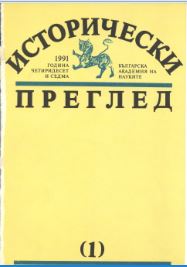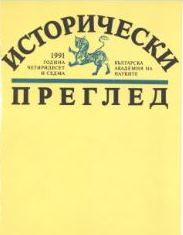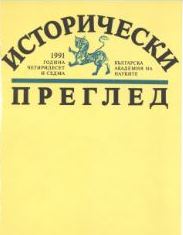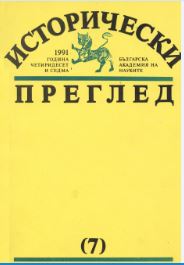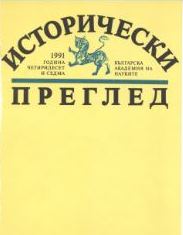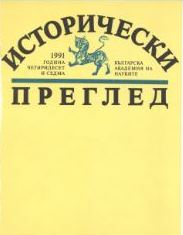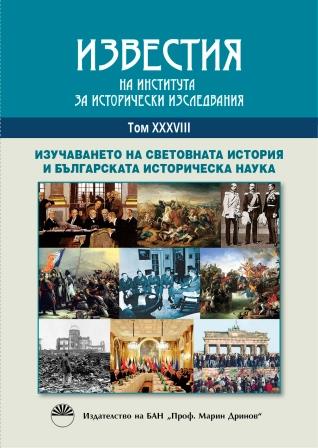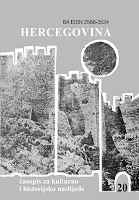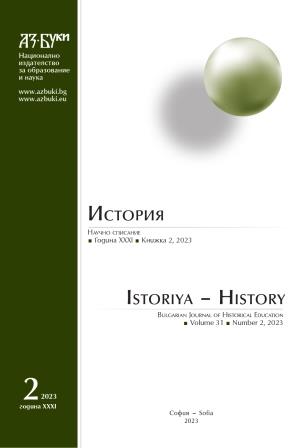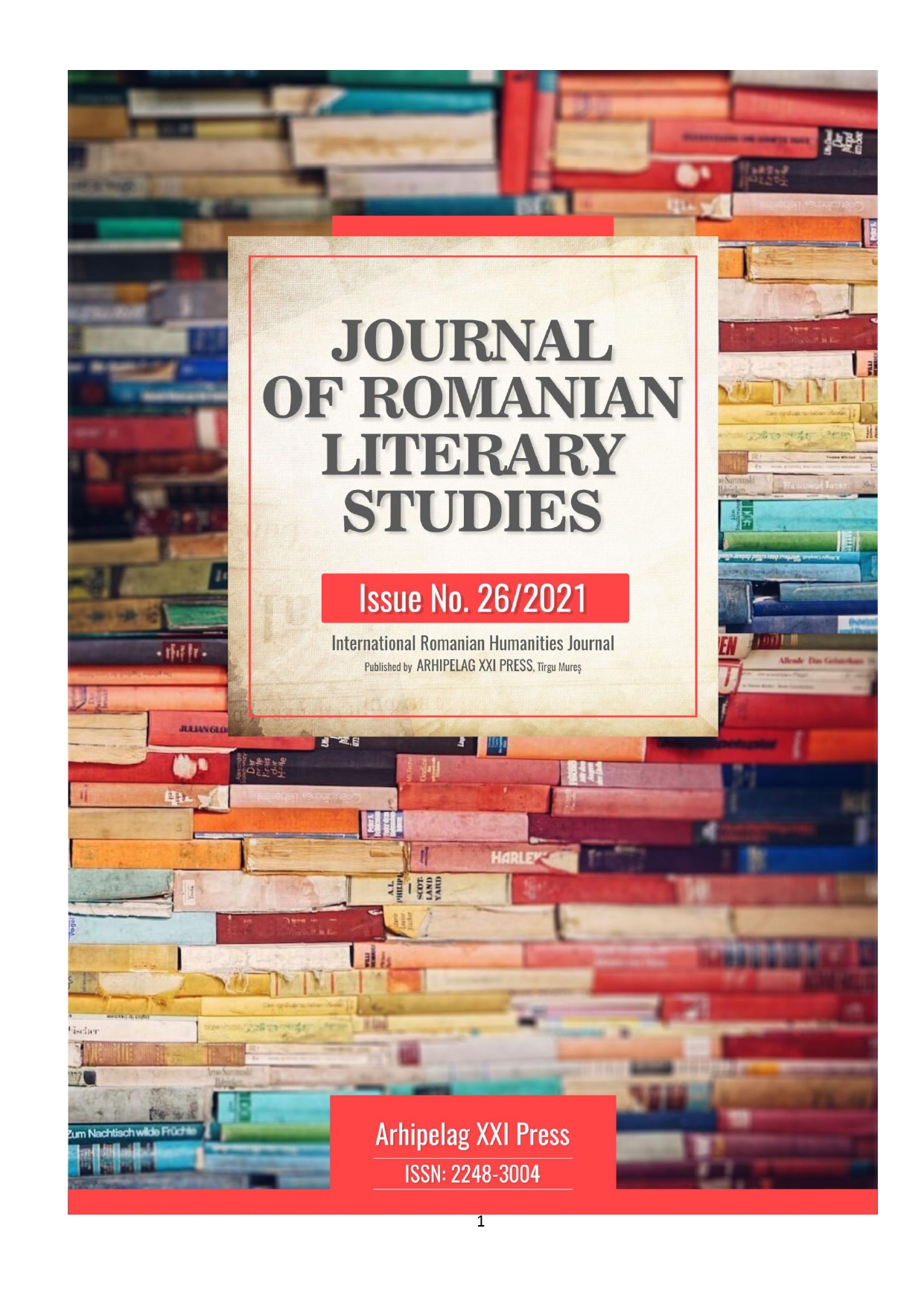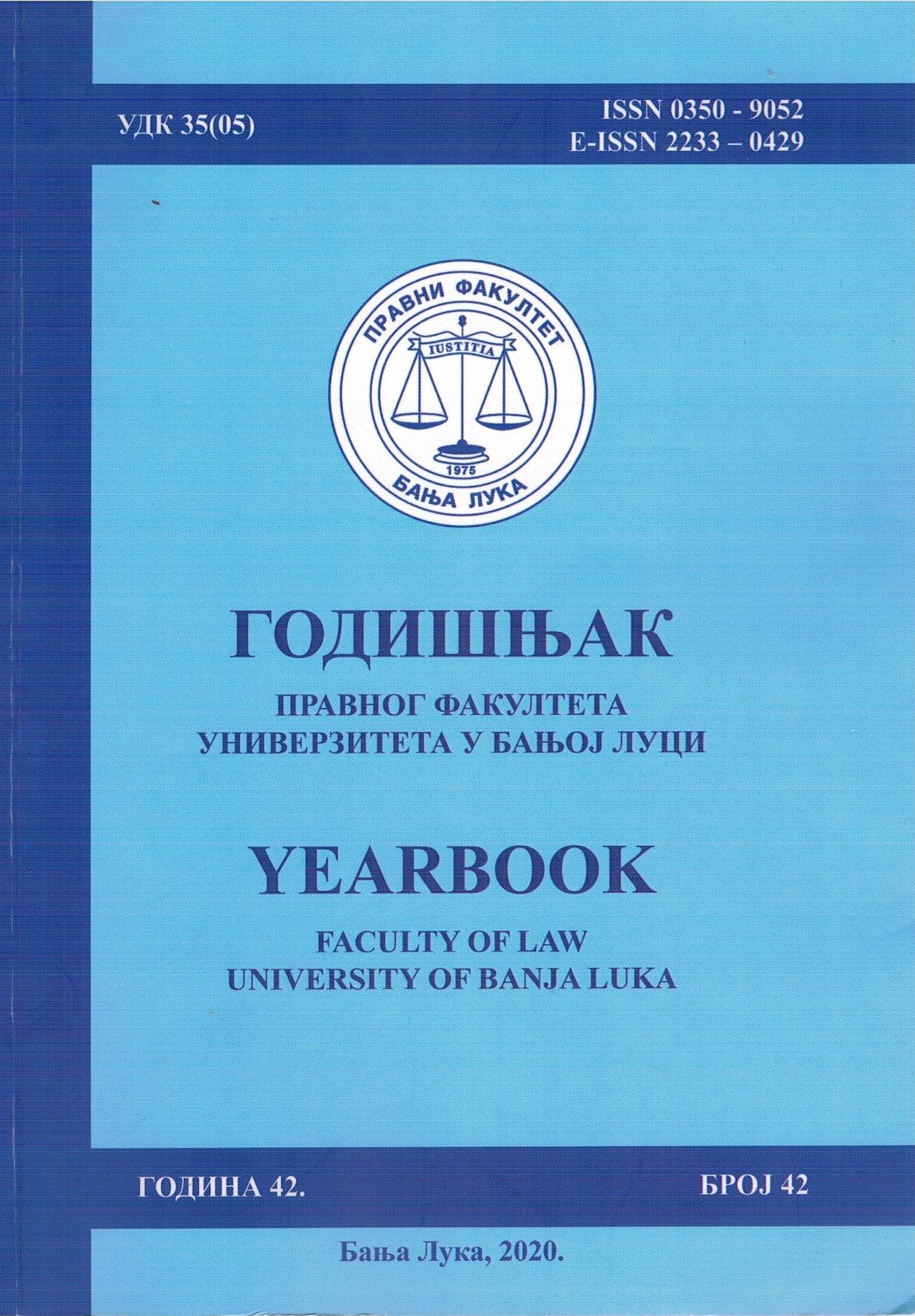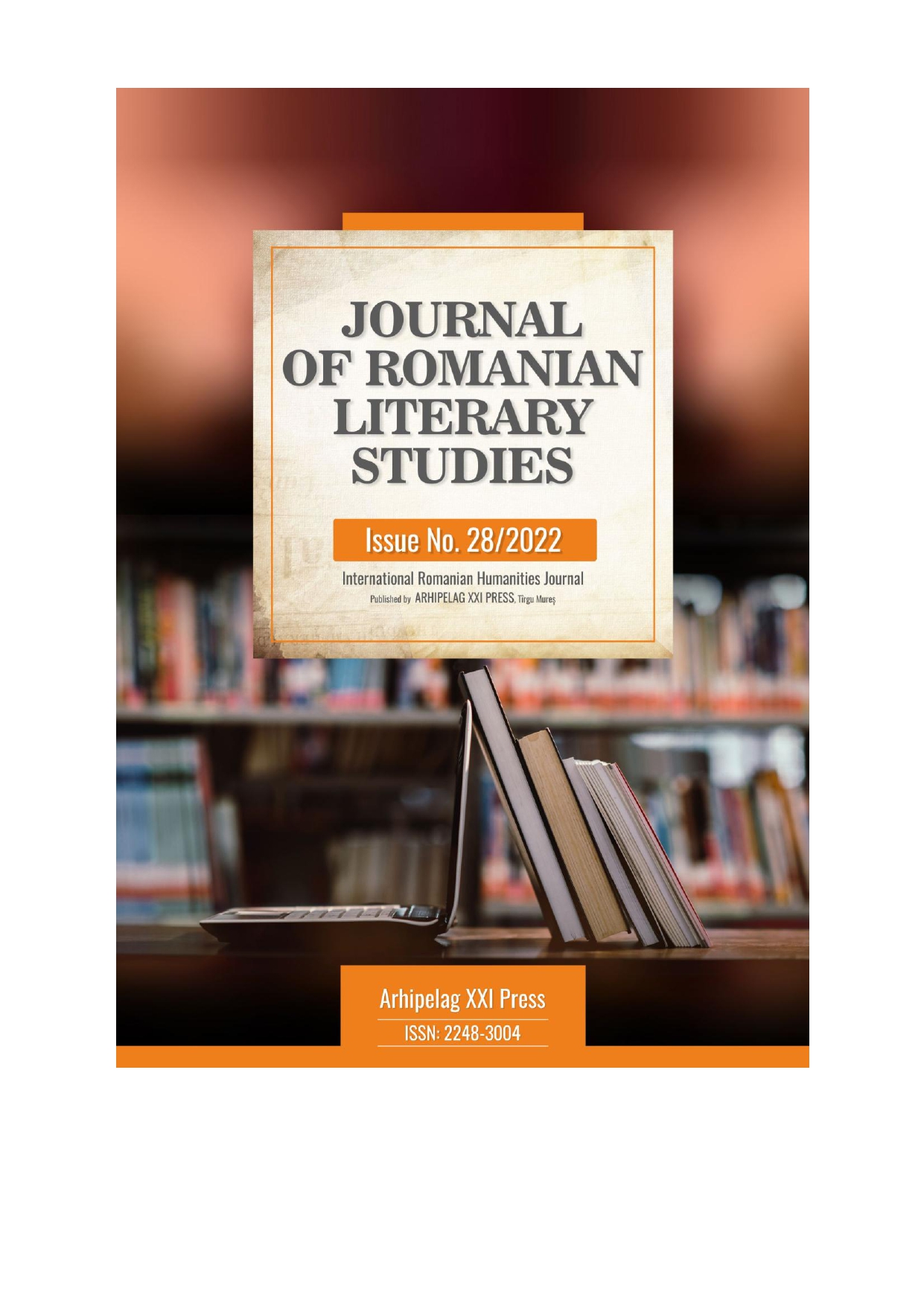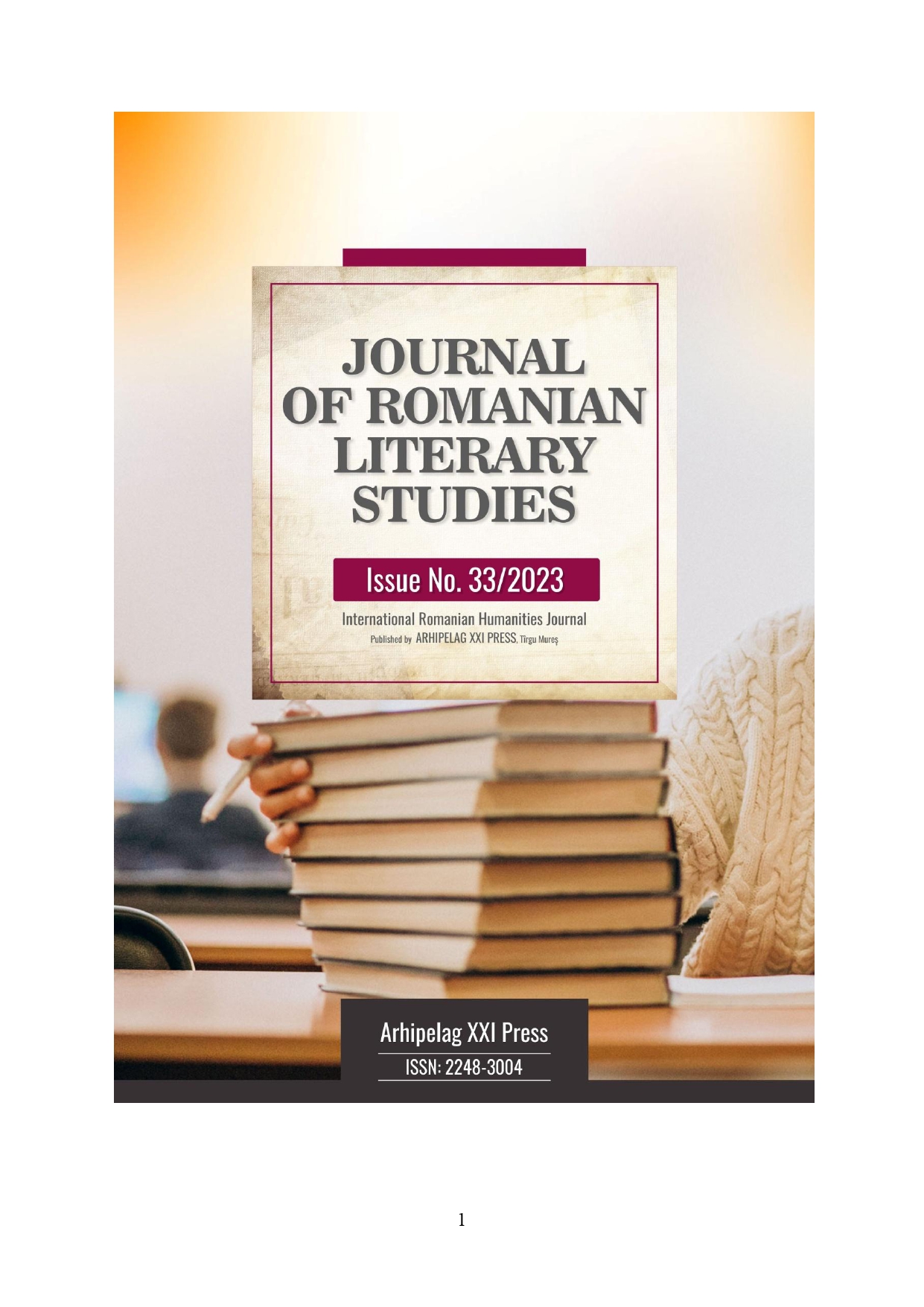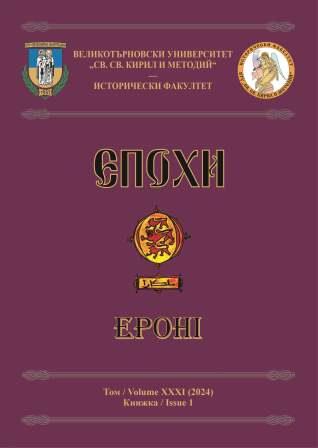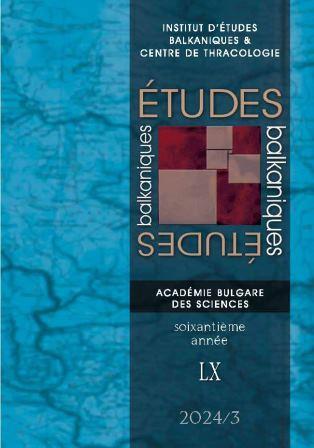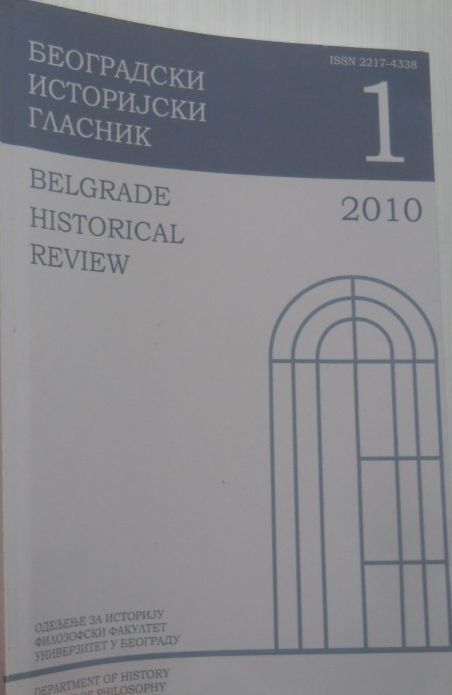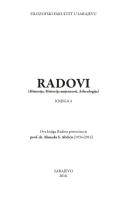
О градитељима православних цркава у Босни и Херцеговини у вријеме аустро-угарске управе
Even though between 1878 and 1914 more than two hundred Orthodox churches were constructed or rebuilt in Bosnia and Herzegovina, today we know only around twenty names of their architects. As opposed to the Catholic churches, whose projects were entrusted to prominent architects of the Provincial government, usually to Josip Vancaš, for the construction of Orthodox temples they were employed only occasionally – Johan Kellner and Josef Czerny for the building of the Seminary in Reljevo1883-1884, Josef Czerny for the church in Reljevo 1886, August Butsch for the church in Blažuj 1897, and Rudolf Tönnies for the facade of the Metropolitan headquarters in 1898.Some churches were built according to the prototype projects of anonymous engineers of the Austro-Hungarian administration. Even when they were recorded, the names of the architects of Orthodox churches in Bosnia and Herzegovina which were built during this period, offer scarce information to the modern researcher, since they are not found elsewhere in other sources. It is probable that these were capable local builders, and only in two cases it is recorded that they were Serb engineers. It is considered that the church in Pale was built according to the project of the famous painter Lazar Drljača, and the similarity of this church with those in Maglaj, Gornji Dragaljevac and Gornje Zabrđe lead to the conclusion that they were also built according to Drljača’s plan.
More...
